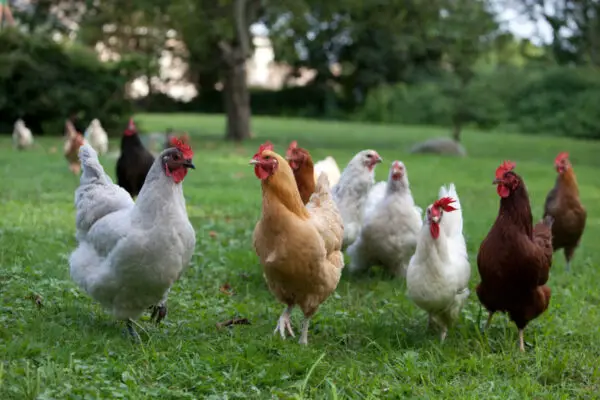During the summer, when temperatures rise, it might be unusual to see a bird sitting with its mouth open. The bird may seem to be ill or to be acting strangely at first, but there’s really a very solid reason why it acts this way, which we’ll discuss in depth in this article.
Birds expand their mouths to cool themselves as they sit. Since birds cannot sweat as people do, they will pant with their mouths open to aid in heat dissipation, much like dogs do.
This is known technically as “gular fluttering,” which is the equivalent of panting in birds. To get higher cooling levels, the birds may also pant more quickly or open their mouths even wider.
Crows and rooks will fly with their beaks open to provide the same effect as robins and blackbirds, which you’re more likely to see sitting or perched with them open.
Birds will open their beaks for more visible reasons, such as singing, threatening displays, and eating, in addition to cooling down.
Do Birds Yawn?
Every bird yawns, however, experts disagree as to whether this is just a matter of “jaw stretching” or whether the bird also routinely inhales and exhales air. This has led to a great deal of disagreement about whether birds really “yawn.”
Since they can bend their top bills upward at the nasofrontal hinge, cormorants, and boobys are the most noticeable birds to watch “jaw stretching.” When most other birds have their beaks open, it’s difficult to determine whether they’re breathing at all.
Owing to this challenge, ornithologists have been unable to provide a conclusive solution to the issue of whether the birds are, in fact, yawning “properly” for a considerable amount of time.
Beyond Beaks: Birds’ Cooling Strategies
Birds will do more than just pant and open their beaks to cool themselves. They will also open their wings, bathe, or both. Additionally, they will adjust their daily movements and activities to the weather. For this reason, on hot days, we may only actually observe some birds in the early morning and late evening.
In addition to these additional strategies, birds that experience warmer weather will drink extra water to stay hydrated and maintain a healthy body temperature.






